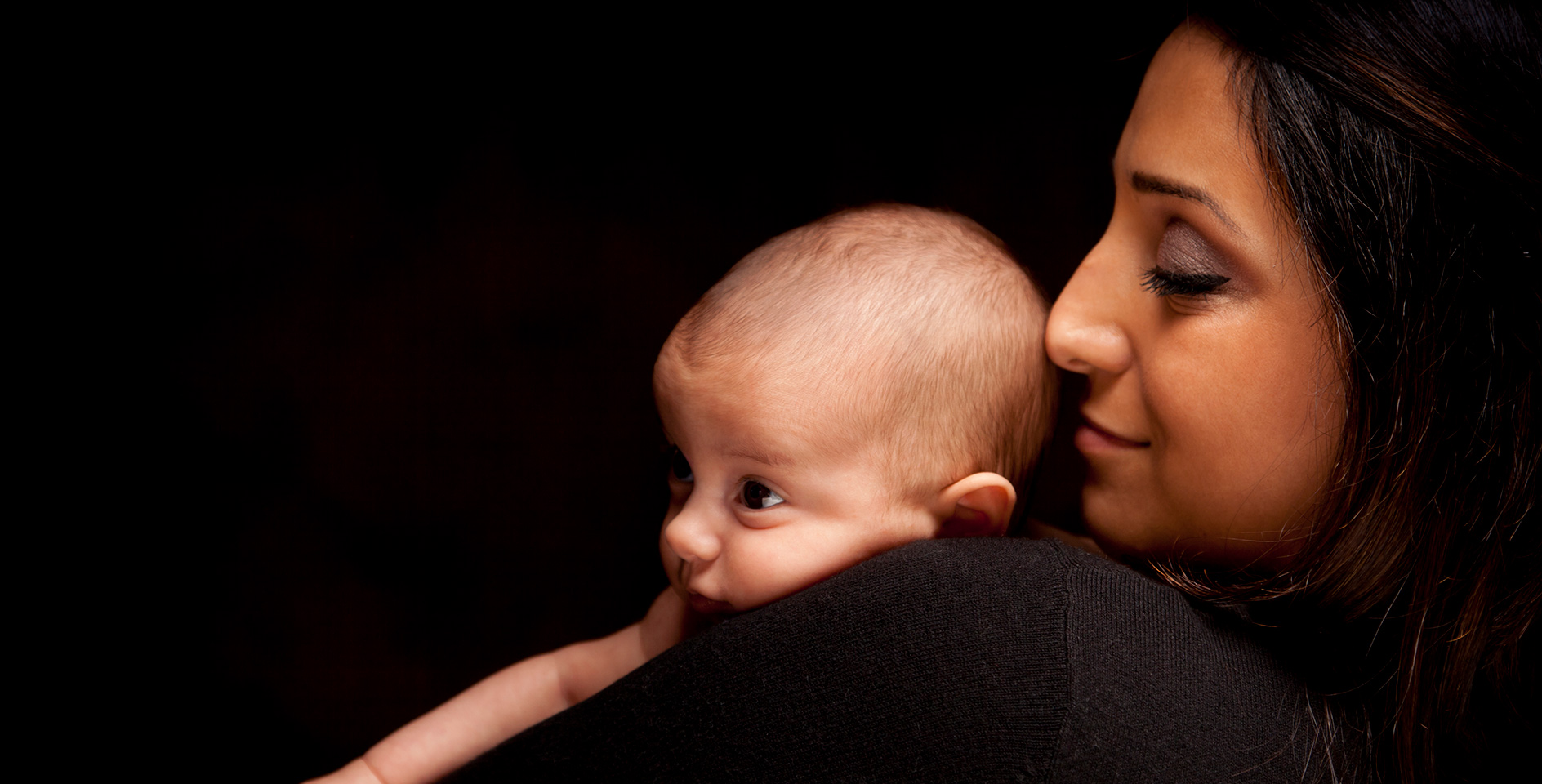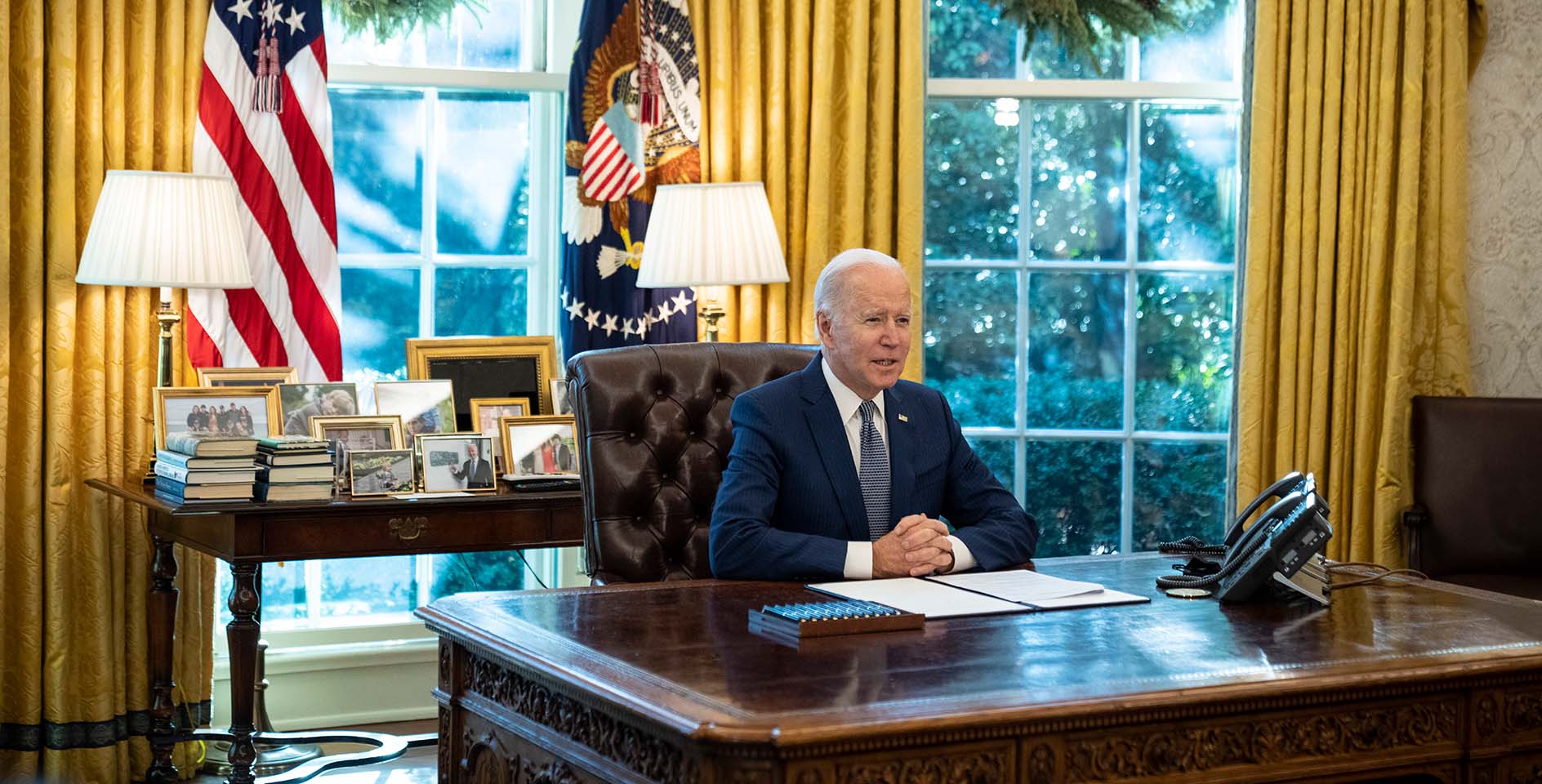Lisa Cathcart, in her role as executive director at the Pregnancy Care Center (PCC) in Nashville, Tennessee, leads her team to serve women, men, and families in the greater Nashville area facing unplanned pregnancies. Their work has grown to include a special focus on the needs of those from immigrant communities. The spirit of their work and ability to adapt is an example to all of us who seek to serve our communities, as they truly are, and honor the dignity of all people.
How did you become aware of the immigrant community in the Nashville area? From where are they coming?
Nashville has been a destination for immigrant populations for quite some time. Most area residents are aware of the various immigrant populations that have come to call Nashville home. However, unless one is intentional about engaging with our new neighbors, it is fairly easy to ignore or miss the important contributions they have made to our society and the richness they bring to our communities. At the Pregnancy Care Center we have a heart for serving vulnerable and marginalized populations. As a ministry that exists to affirm the worth, dignity, and sanctity of all human life, I believe we are uniquely positioned to accept and receive newcomers to our country and community, extending the same compassion and grace to this vulnerable population as we do toward the unborn and the women and men facing a pregnancy decision.
The Pregnancy Care Center first started serving immigrant populations about six years ago when two women from Egypt were referred to us by a Nashville health clinic where they were participating in childbirth education. These expectant moms found themselves trying to navigate not only a new life in a new place far from home, but also the role of parenting in a country with different laws and vastly different customs—all without the support of the multigenerational influences and involvement that they had been raised with. Although both women were Arabic speaking and from the same country, they came from very different backgrounds. They practiced different religions, Islam and Coptic Christianity. One was a highly educated professional and the other was from more humble circumstances. One spoke English, and the other did not. One was a first-time mom, and one had older children.
Yet despite their differences, they had formed a friendship and found their way to the PCC together. As they began to see the value in the relationships they were forming with the staff and volunteers at the PCC and in the assistance they received, each went back to their own communities and spread the word about the Center’s services. Very quickly, the number of immigrants who were seeking our services began to grow to the extent that at one point, more than 50 percent of Parenting Support cases/visits were with immigrant families. Over the past two years 32 percent of all visits of any type have been with individuals from other countries.
We have now served individuals and families from 38 countries of origin and at least eight unique faith backgrounds. We have ministered to individuals from the Middle East, Africa, Central America, South America, and Asia. Those who are Arabic speaking continue to represent the largest immigrant population we are serving. Among Arabic-speaking families — which include both Coptic Christians and Muslims — many share histories of war torn countries, poverty, and religious persecution.
What are you doing to serve the immigrant community in our area? What are their needs and unique challenges?
Serving recent immigrants has presented unique challenges for staff at the Pregnancy Care Center as we work with women and families who are at the beginning stages of acclimating to Western culture. Our ministry is committed to providing holistic care that goes beyond what can be done by simply handing someone a pack of diapers. Too many services and experiences in our lives are transactional in nature. We are more interested in transformation, which can only come about through relationship with one another and with Christ. Many of the immigrant populations initially coming to the center have been told that they can “get free diapers,” etc. We have struggled through language and cultural barriers to communicate that the material assistance we provide is only available through participation in our Parent Support initiative, which involves meeting with a PCC team member one on one, or in a group setting, to complete a prenatal or parenting lesson, mentoring session, and/or Bible study.
While this relational approach is our goal, it is very difficult to accomplish without an interpreter. Over the past few years, we have been continually adjusting our policies and experimenting with different ways of providing care to our new neighbors, while being careful to guard against mission drift and often struggling with compassion fatigue that comes with difficult cross-cultural ministry.
Before having to pause group class offerings due to COVID-19, we were offering two group Parent Support sessions each month, specifically for Arabic-speaking clients with the help of a paid translator. By offering group classes we are able to serve these families by building relationships, offering meaningful practical instruction and assistance, while at the same time remain focused on our mission of serving individuals facing a life-altering pregnancy decision.
The group sessions include a devotional, practical parenting lesson, and time for sharing and prayer. Afterward, participants “shop” in our “store” where they can pick out items needed for their children using points they have earned for their participation in Parent Support. Individuals who are fluent in conversational English are also eligible to schedule one-on-one appointments outside of group offerings. In addition to the Arabic groups, we have some Spanish-speaking volunteers who come to assist on a regular basis. Over the past year as we’ve had to reimagine how we deliver services during a global pandemic. We have served the needs of these diverse populations through virtual visits and curbside material assistance.
We are very intentional about speaking words of affirmation in order to connect people with their worth and dignity as a child of God. We’ve had meetings with community leaders who can help us understand more about the cultures our clients come from—how to speak or sit, how to interact with our body language, how to navigate some of the challenges we face, and ultimately how to build bridges between our cultures in order to minister more effectively. So, whether helping with housing needs, health insurance questions, job applications, or learning to react properly to a client who tries to barter for material aid, we are continually learning as we go.
How do you want individuals to feel when they arrive at your center?
It is our hope that everyone who walks through our doors will have a sense that they matter. We have intentionally and prayerfully created a space that is inviting and welcoming to all. It is our prayer that individuals feel safe and welcome, no matter where they have come from or what difficulties and fears they are currently facing. Before our staff even speaks a word, we want the environment to communicate a message that elevates someone’s sense of dignity and worth.
Too many services and experiences in our lives are transactional in nature. We are more interested in transformation, which can only come about through relationship with one another and with Christ.
Because the lives of those we serve are often filled with chaos and uncertainty, we offer a calming reassurance that they are not alone. Some of our staff have even learned basic Arabic phrases to extend meaningful greetings and expressions of hospitality so that our Arabic-speaking clients feel seen and valued.
Everyday the team of staff and volunteers at the PCC begin with prayer, asking the Holy Spirit to fill us and the Center with his presence so that everyone we serve will encounter the love of Christ in a meaningful, tangible way.
From your perspective, how do the needs of an immigrant change the longer they have been in the country?
As we work with immigrants and build relationships we see how assimilation changes people. In some ways, we see amazing growth and exciting new opportunities for families to flourish. In other ways, we are disappointed by how Western culture can influence individuals.
Initially, we may be helping to advocate for individuals as they navigate the complexities of adjusting to life here. We make phone calls to various agencies on their behalf, sit at a computer with someone to fill out an online form, explain terminology on applications and documents, and demonstrate how to use and install a car seat, etc. As our relationships grow we sometimes become aware of emotional or spiritual concerns that we can speak into such as questions about the gospel, or even how to identify abuse in a relationship. We are able to educate women on the rights they have that they may not have had access to before, and we can empower people to seek and find safety when necessary.
When many immigrants face an unplanned or crisis pregnancy, the stakes are extremely high, especially if the relationship is outside of their faith or culture. Sadly, the more assimilated to Western culture an immigrant is, the more vulnerable to abortion they become. Some come from a culture that does not even have a word in their language for abortion, but now they are presented with an option that they have been told will allow them to avoid the shame and pain of unintended pregnancy. Where marriage is an expectation and sexual purity a priority, assimilation sometimes leads to casual and promiscuous relationships.
How would you encourage the Christians in your community to pray for and minister to these immigrant populations?
Whenever I think of the refugees and immigrants in our community, I think of the Golden Rule that Jesus taught us. I ask myself how I would want to be treated if I found myself separated from most of my friends and family, starting a life in a new country. I would desperately want others to show patience with me as I attempt to speak a new language. I would want caring people to gently explain practices within this new culture that do not make sense to me. I would want to be welcomed as an image-bearer of God and valued as someone who can make a positive contribution to our community. I would long for friendship! Let’s pray that we as Christians will be the example in our community of radical hospitality to the stranger and foreigner as we see modeled in the people of God from the Old Testament to the New Testament.










